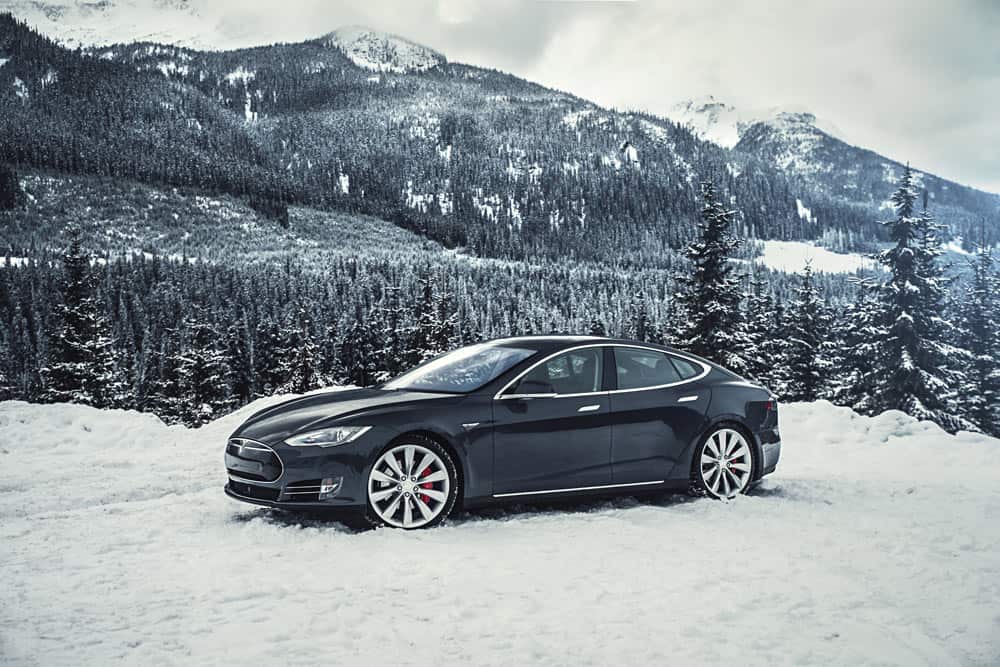Bite-sized news, views and updates from the global tech industry. Edited by Ruraidh Conlon O’Reilly.
Tesla smashes acceleration record
Electric car pioneer Tesla has clocked up yet another milestone in its short but fast history: it has become the fastest-accelerating production car in the world, getting from 0 to 60 in just 2.28 seconds.
The company unlocked its ‘Ludicrous+’ easter egg (a bonus written into the software) in a recent update to the Model S P100D, unleashing yet more performance from its torquey motor.
The experience wowed the Motor Trend test driver, who found that the acceleration ‘snaps your body in a manner that is utterly impossible to replicate in any other street-legal production car on normal tires and dry asphalt at a mid-$100,000 price point” and edges out the Porsche 911 Turbo S.
Printers are among the most derided of gadgets: expensive inks, fiddly connectivity and taking up too much space, many only see action to print out boarding passes or concert tickets. It’s little wonder HP Inc is scaling down its printer operations considerably. Epson is betting that there’s still life at the top end of the market, though, with its 17-inch 10-colour SureColor model aimed at professional proofing, fine art and photography users. The SC-P500 joins 24-inch and 44-inch models in the range and prints at a whopping 2880x1440dpi resolution.
Sony sets out its stall
The company also unveiled new 4K Ultra HD Blu-ray hardware, Dolby Atmos sound bar, Extra Bass wireless speakers and headphones and hi-res audio Walkmen.
Irish firms advance in space race
In Dublin, Curtiss-Wright has been awarded an even bigger gig: a €4.5m ESA contract, the largest ever awarded to a company in Ireland. The company will provide a telemetry data system for the ESA’s new Vega-C rocket, a mid-sized launcher designed to deliver government, commercial and science payloads into orbit. The first launch is due in June 2019 from French Guiana.
Teddybots land in Ireland
Combining the futuristic and the nostalgic, robot-shaped Teddybots have arrived in Ireland. They have no batteries, sensors or anything techy inside–but its Irish designers promise “fun and educational content to teach young people creative skills in art, music and storytelling” online.
E-health on the march
The practice management software solution will work with the Army, Navy and Air Corps personnel management system, helping to keep track of personnel’s health status at home, at sea and overseas.
Kickstarter roundup
With a €50,000 goal, The Oculus Rift/HTC Vive/Playstation VR-compatible app is promoted by David Whelan of Waterford’s Immersive VR Education, and closes out on March 2nd.
The innovative and eagerly awaited DC adapter has been delayed by manufacturing hiccups in China but is now performing well in testing: “getting there”, as its creators say.

